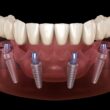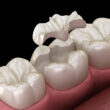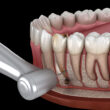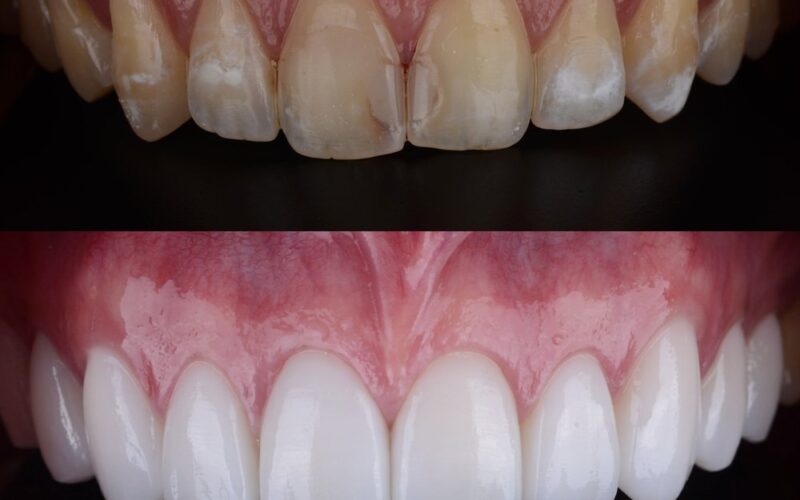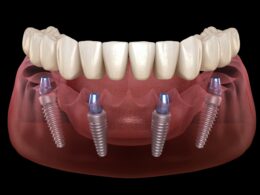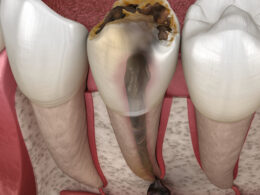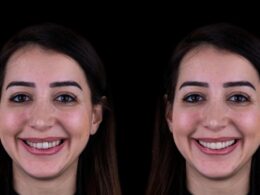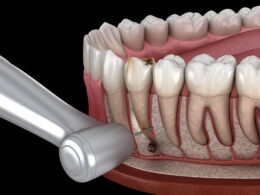Teeth can change color for a variety of reasons. Some of the most common causes of tooth discoloration include:
- Staining from food and drinks: Dark-colored foods and drinks, such as coffee, tea, red wine, and berries, can stain teeth over time, leading to discoloration.
- Tobacco use: Both smoking and chewing tobacco can cause tooth discoloration.
- Poor oral hygiene: Inadequate brushing and flossing can lead to the buildup of plaque, which can cause teeth to appear yellow or brown.
- Aging: As we age, the outer layer of enamel on teeth wears away, exposing the yellowish dentin layer underneath.
- Medications: Certain medications, such as tetracycline and some antihistamines, can cause tooth discoloration.
- Trauma: An injury to a tooth can damage the nerves and blood vessels inside the tooth, causing it to darken.
- Genetics: Some people may be more prone to tooth discoloration due to genetic factors.
In some cases, tooth discoloration may be a symptom of an underlying dental problem, such as tooth decay or a root canal infection. It is important to consult a qualified dental professional if you experience sudden or severe tooth discoloration or any other dental issue.
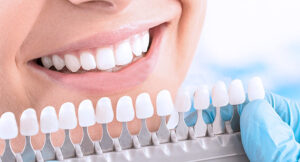
What Are The Teeth Whitening Methods?
There are several teeth whitening methods available, both in-office and at-home, that can improve the appearance of stained or discolored teeth.
Here are some common teeth whitening methods:
- In-office teeth whitening: This method involves a dental professional applying a high-concentration bleaching agent to the teeth and activating it with a special light. The treatment can be completed in a single visit and can lighten teeth several shades.
- Take-home whitening kits: These kits include custom-made trays and a lower-concentration bleaching agent that can be applied to the teeth at home for a specified amount of time each day. The treatment usually takes several weeks to achieve the desired results.
- Over-the-counter whitening products: These products, such as whitening toothpaste, strips, and gels, are available at drugstores and supermarkets. They contain a lower concentration of bleaching agents than professional treatments and may take longer to produce visible results.
- Natural whitening remedies: Some people prefer to use natural remedies, such as baking soda, activated charcoal, and oil pulling, to whiten their teeth. However, it is important to note that the effectiveness of these remedies is not scientifically proven, and some may even damage the teeth.
- Dental veneers or bonding: For teeth that are severely stained or discolored, dental veneers or bonding can be used to cover the teeth and improve their appearance.


